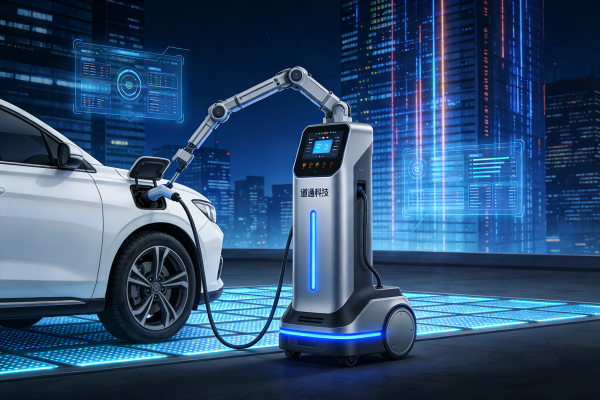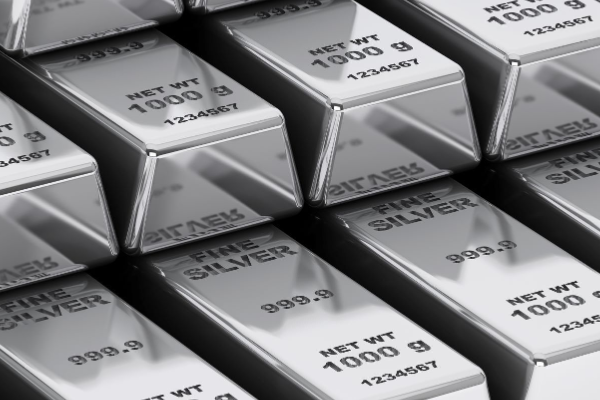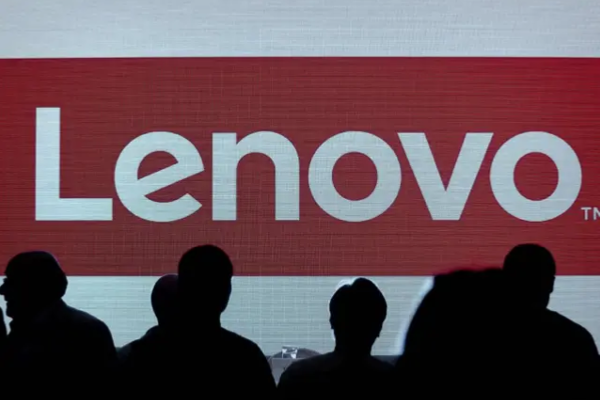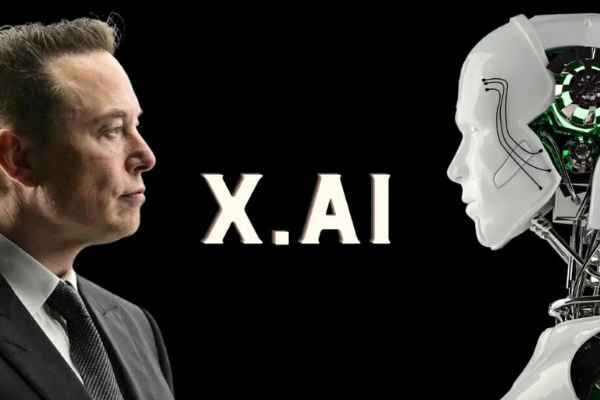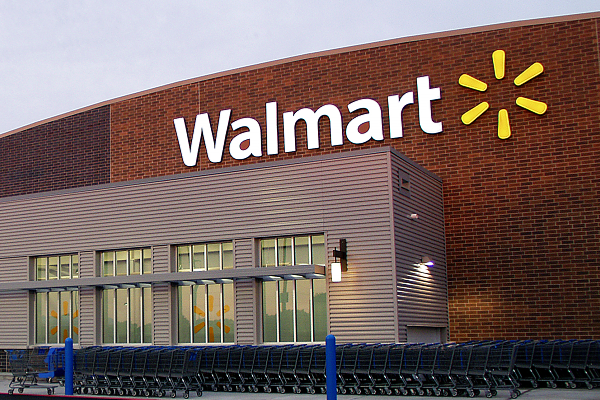British man's dream of becoming rich is shattered: 8,000 Bitcoins buried in a landfill
The bitcoin stored in this hard drive was once worth more than $872 million at its peak, making it the most expensive hard drive.
A treasure hunt that lasted more than a decade came to an end in the British Court of Appeal. James Howells, a 38-year-old software engineer, failed to get permission to dig up a landfill in Newport to retrieve the hard drive he accidentally discarded in 2013, which contained 8,000 priceless bitcoins. If calculated based on the highest price of bitcoin at $109,000, the bitcoin stored in this hard drive was once worth more than $872 million, making it the most expensive hard drive in history.
This strange legal tug-of-war is as dramatic as the plot of Mark Twain's novel "The Million Pound Bank," but Howells is not the protagonist of the novel and ultimately failed to become a billionaire.
The birth and loss of the golden hard drive
The story begins in 2009.
At that time, Bitcoin had just been born and was still a little-known novelty, but Howells, a young IT engineer, keenly smelled its potential. He had been passionate about technology since he was a child. It is understood that his mother worked in the field of microchip production. Since his teenage years, he has frequently used the Internet and started assembling computers at the age of 13, showing excellent technical talent. He later entered university to study computer-related majors and worked in many IT-related jobs in his career, including exposure to encryption technology in the Bowman Communication System project.
On January 4, 2009, Bitcoin was officially born, and its mining difficulty was extremely low at that time. The New York Times mentioned that Howells may be one of the only five miners in the world at that time. He used an ordinary Dell XPS laptop to mine a total of 8,000 bitcoins at home.
At that time, Bitcoin was almost worthless, and he didn't care too much. Howells stored the private key in an old hard drive and threw it into a drawer.
Fast forward to 2013, when the price of Bitcoin began to take off, Howells' life ushered in a disastrous clean-up. His partner complained that there was too much clutter in the house, so Howells tidied it up drastically. Unfortunately, the hard drive containing the Bitcoin private key was mistaken for broken garbage and thrown into the trash can with a pile of old electronic products. It was eventually transported to a landfill on the outskirts of Newport. At that time, Bitcoin was worth $13 per coin.
At that time, I had no idea what I had lost. Howells later recalled that it was not until the price of Bitcoin soared a few months later that I realized that my wealth was buried in the garbage.
BTC rose from $13 to $100,000, which was more than 7,700 times.
From shock to action: a long legal battle
At the end of 2013, the price of Bitcoin exceeded $1,000, and Howells realized that he might have lost a mountain of gold. At the end of 2024, Bitcoin once exceeded $100,000, and the 8,000 Bitcoins were worth $800 million, which was a huge fortune. So he began negotiations with the Newport City Council, hoping to be allowed to dig the landfill.
However, the city council's attitude was cold. They said that the landfill had already accumulated hundreds of thousands of tons of garbage, and digging was not only costly, but also likely to release harmful gases, endangering the environment and residents' health. Howells was not discouraged. He offered to pay out of his own pocket and form a professional team, and even promised to donate part of the proceeds to the local community, but was still rejected.
Unwilling to give up, Howells turned to the law. For many years, he went to courts at all levels in the UK, trying to force the parliament to give in on the grounds of property rights. His team of lawyers was very creative and argued that the hard drive was a modern version of treasure and should belong to the original owner. Unfortunately, the court did not buy it. The court of first instance held that once the garbage was discarded, the ownership was transferred, and the excavation permit was under the jurisdiction of the local authorities.
Failed appeal: the final judgment of the court
On March 13, the British Court of Appeal ruled on Howells' appeal and upheld the original judgment. In the judgment, the judge pointed out that environmental protection and public safety take precedence over personal property rights, and there is no evidence that the hard drive can still be found or the data can be recovered. The court also joked: Even if Bitcoin is worth a fortune, it cannot turn the garbage dump into a gold mine.
After the verdict was announced, Howells could not hide his disappointment. He said: I respect the court's decision, but this does not mean I will give up. My Bitcoin is still there, and I will find a way one day. However, he also admitted that more than ten years of garbage accumulation made this treasure hunt almost impossible.
Summary
This strange case quickly sparked heated discussions on the Internet. Some people sympathized with Howells, calling him a tragic hero who missed a billionaire; others joked that he deserved it, after all, who would throw something worth $800 million into the trash can? Some netizens joked: If this hard drive is found, the Bitcoin inside will probably smell like garbage.
Howells' experience is undoubtedly an expensive lesson. Today, Bitcoin enthusiasts often use his story to remind each other: back up private keys, keep them carefully, and never let wealth go into the garbage dump. For ordinary people, this may just be absurd and interesting news - after all, not everyone can throw a mountain of gold into the garbage dump and expect the court to help dig it back.
The landfill in Newport City is still calm as usual, and the legendary hard drive may only continue to sleep in the garbage mountain. In February this year, the BBC reported that the landfill will be closed at some point in the 2025-2026 fiscal year, and this Bitcoin treasure hunt may end with a sigh.
